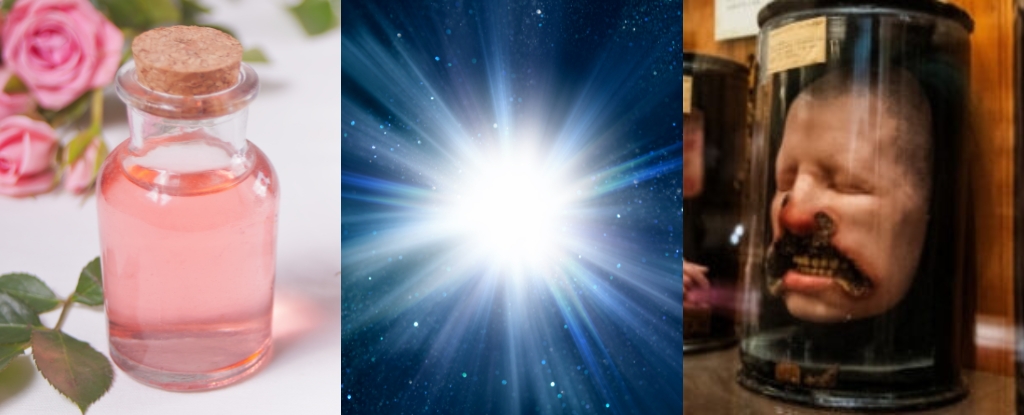
Recent developments in science have unveiled a series of remarkable findings that span from the depths of the ocean to the far reaches of space. This week, significant advancements include new guidelines for blood pressure management in the United States, the discovery of unusual geological formations in the North Sea, and the detection of the brightest radio flash ever recorded.
New Blood Pressure Guidelines Issued
Medical authorities in the United States have released updated guidelines for managing high blood pressure, emphasizing the importance of prevention and early intervention. This revised guidance, a collaboration between the American Heart Association (AHA), the American College of Cardiology (ACC), and several other prominent health institutions, replaces the previous recommendations established in 2017. The focus on early detection aims to reduce the risk of heart disease and improve overall cardiovascular health among the population.
Unusual Geological Findings in the North Sea
In an intriguing geological discovery, researchers have identified large sections of the seafloor in the North Sea that are oriented upside down. This phenomenon has been attributed to a process known as stratigraphic inversion, where denser, younger layers of sediment sink beneath older, lighter ones. These findings reveal vast sand mounds that rest atop structures called sinkites, a discovery that highlights the complex geological processes occurring beneath the ocean floor.
The scale of this inversion has not been observed before, prompting further investigation into its implications for our understanding of geological formations.
Brightest Radio Flash Detected
Astronomers using the CHIME radio telescope have made a groundbreaking observation by detecting the brightest radio flash ever recorded, originating from a galaxy approximately 130 million light-years away. This unprecedented flash, humorously dubbed the RBFLOAT, or radio-brightest flash of all time, showcases the dynamic and often whimsical nature of scientific discovery.
Such findings not only expand our knowledge of cosmic phenomena but also provide insight into the behavior of distant galaxies.
Impact of Scents on Brain Structure
A new study has revealed that wearing rose-scented oil for a duration of one month can lead to an increase in brain volume among participants. Researchers assert this is the first study to demonstrate that continuous inhalation of a scent can alter brain structure. The implications of these findings suggest that olfactory stimuli may play a significant role in cognitive health and development.
Gut Microbes Linked to Insomnia
Emerging research has established a connection between gut microbiota and insomnia. Specific types of gut microbes may increase the risk of developing sleep disorders, while others could potentially mitigate these risks. This bidirectional relationship indicates that poor sleep can disrupt the balance of gut microbes, creating a feedback loop that complicates insomnia recovery.
These developments underscore the intertwined nature of physical and mental health, highlighting the need for further exploration in this burgeoning field of research.
In summary, this week has brought a wealth of scientific discoveries that enhance our understanding of health, geology, and the cosmos. From the ethical management of human remains at institutions like the Mütter Museum, which has decided to cease accepting unidentified human remains, to the complexities of brain function and gut health, these findings illustrate the ongoing evolution of scientific inquiry and its impact on society.






